China has decided to impose unspecified sanctions on three American defence contractors – Boeing, Raytheon Technologies and Lockheed Martin. The sanction was taken after the U.S. State Department approved US$1.8 billion in arms sales to Taiwan last week. Also targeted in the sanction included “the US individuals and entities who played an egregious role”.
The arms sale on Oct 21 apparently involved the following weapons:
- 135 Boeing-manufactured air-to-ground cruise missiles – AGM-84H Standoff Land Attack Missile Expanded Response (SLAM-ER) Missiles – for an estimated US$1.01 billion.
- 11 rocket launchers from Lockheed – High Mobility Artillery Rocket System (HIMARS) – for an estimated cost of US$436.1 million
- 6 aircraft surveillance and reconnaissance sensor pods – Collins Aerospace MS-110 Recce external sensor pods – for an estimated cost of US$367.2 million (Collins is a division of Raytheon).
The SLAM-ER missiles could be used to hit Chinese navy ships as they carry troops toward the island. The HIMARS, which can hit targets up to 190 miles away, could be used to strike an invasion force before it disembarks across the Taiwan Strait. The reconnaissance pods could be attached to aircrafts to warn the Taiwanese military of a gathering of an invasion force in mainland China.
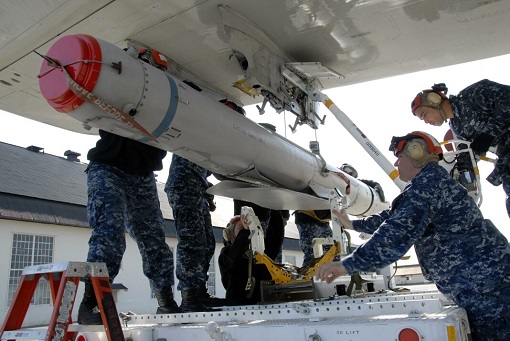
Chinese Foreign Ministry spokesman Zhao Lijian said – “The U.S. arms sales to Taiwan severely violate the one-China principle and the three China-US joint communiqués, and seriously undermine China’s sovereignty and security interests. China firmly opposes and strongly condemns it. We will continue taking necessary measures to safeguard national sovereignty and security interests.”
The three China-US communiqués mentioned were signed in 1972, 1978 and 1982 when the US cut diplomatic ties with Taiwan to recognise the People’s Republic of China more than four decades ago. However, at the same time, the U.S. does not formally recognize Beijing’s claim over Taiwan, and has continued arms sales to Taiwan without Beijing consultation.
China has been claiming Taiwan, a self-ruled island which split with the mainland in 1949 during a civil war, as part of its territory and has threatened to invade if it dares to officially declare Independence. As Trump administration increases support for Taiwan, China too has stepped up its military drills around Taiwan in recent weeks – including breaching Taiwanese’s airspace, amid briefly.
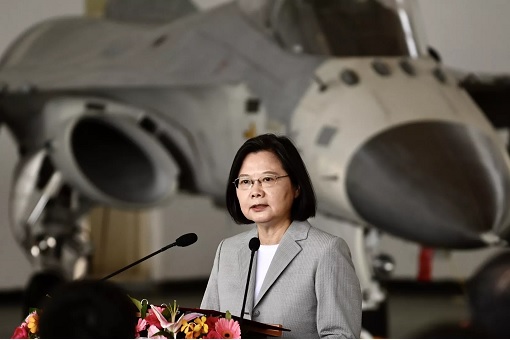
Of course, this is not the first time the U.S. military manufacturers sold military equipments to Taiwan. In August, the U.S. and Taiwan completed the sale of 66 new model F-16V or Viper fighter jets from Lockheed, joining about 140 other jets already in the Taiwanese fleet. The purchase, worth a whopping US$62 billion, has further soured the already tension U.S.-China relationship.
After the latest Chinese sanction, Lockheed Martin, the world’s largest defense company by sales, said its presence in China is limited. However, Lockheed sells civilian helicopters to Chinese buyers through its Sikorsky Aircraft Corp. unit in the country. Lockheed generated 9.7% of its revenue in the Asia-Pacific region last year, even though the revenue was not identified by individual countries.
Massachusetts-based defence-contractor Raytheon, which makes Pratt & Whitney jet engines, is one of two top American jet-engine makers (the other being General Electric). As the economy continues to take a beating due to Coronavirus, both Raytheon and General Electric have reported huge losses in their aerospace divisions.
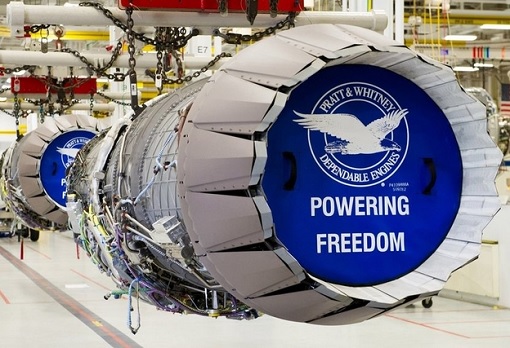
Boeing, still struggling from the severely battered air travel due to Covid-19 pandemic and the grounding of its 737 Max planes after two fatal crashes, is the most vulnerable among the three American companies being targeted. China was the first country to ground the Boeing 737 Max aircrafts after the two crashes that killed 346 people, and has the world’s biggest 737 Max fleet.
For now, the Chinese sanction seems to have limited impact as it was specifically directed at military unit of Boeing, Raytheon and Lockheed. U.S. defense companies are broadly barred from making military sales to China. However the fact that stock prices of Boeing fell as much as 4.4%, while Raytheon and Lockheed Martin fell 4.3% and 3.2% respectively speaks volumes about the indirect or potential impact.
If Beijing decides to expand the sanction to commercial airplanes, both Boeing and Raytheon, who have aviation business in China, would be seriously affected. China’s Big Three – Air China, China Eastern Airlines and China Southern Airlines – are all 737 Max customers. There were nearly 100 Max planes in operation in China prior to the grounding, making it the biggest market for the jet.
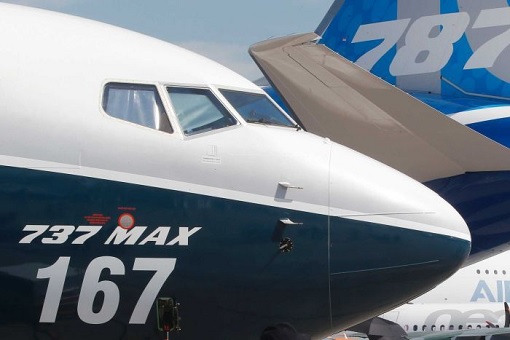
Europe’s top aviation regulator said on Oct 16 the 737 Max is safe to fly again before the end of this year. However, China doesn’t have a clear timetable for when Boeing’s 737 Max can return to service, despite the fact that the country has recovered to pre-Coronavirus pandemic levels in terms of domestic traffic – suggesting that the Chinese could be dragging its feet over the matter.
In its latest market outlook, Boeing said that growing Chinese demand for planes will generate almost US$3 trillion worth of industry business over the next two decades. The U.S. plane maker also predicts that China will soon become the world’s largest aviation market and will need 8,090 new planes by 2038.
In light of the Chinese latest sanctions, both Boeing and Raytheon said they remained committed to their commercial partnerships with China, one of the biggest markets for jetliners. Meanwhile, the U.S. State Department said – “Beijing’s efforts to retaliate against U.S. and foreign companies for their sales that support Taiwan’s legitimate self-defense requirements are unproductive.”
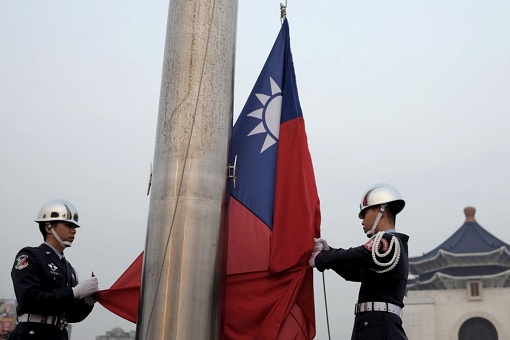
Other Articles That May Interest You …
- President Putin Floats The Idea Of A Russia-China Military Alliance, And The U.S. Isn’t Impressed
- Committee Final Report – Boeing & FAA Responsible For Hiding Design Flaws In 737 MAX That Killed 346 People
- From Terminating Trade Deal To Cancelling $1.1 Trillion Debt Owed To China – Here’re Some Of Trump’s Crazy & Dirty Ideas
- Lawsuits For Trillions Of Dollars Against China Over Spread Of Coronavirus – Here’s Why It’s A Waste Of Time
- FAA Calculated Boeing 737 MAX Could Crash 15 Times & Kill More Than 3,000 People – But Allowed It To Keep Flying
- Boeing 737 MAX Has “No Value” – Lawyer Says Public Doesn’t Trust It, Client Can’t Use It
- How China Uses The Purchase Of 300 Airbus Jets To Pressure Both European Union & The U.S.
- Profit-Hungry Boeing – Crashed 737 Max Jets Did Not Have 2 Safety Features Because They’re Optional

|
|
October 28th, 2020 by financetwitter
|


|

|

|

|

|

|




























Whatever the Yanks do with sanctions and with arms sales to Taiwan, China has the killer move, squeeze the US’ arms industry’s testicles to the shock and awe of a sudden painful death.
The Chinese control the world’s main source and monopoly of rare earth’s.
And the US arms industry is absolutely dependent on that.
Even without rare earths, the Chinese could win a war by simply stopping the purchase of fruits and vegetables from Taiwan.
Last the Chinese used such weapon Malaysia had to invent the virtue of drinking palm oil five times a day for patriotism.
And eating durians three meals a day.